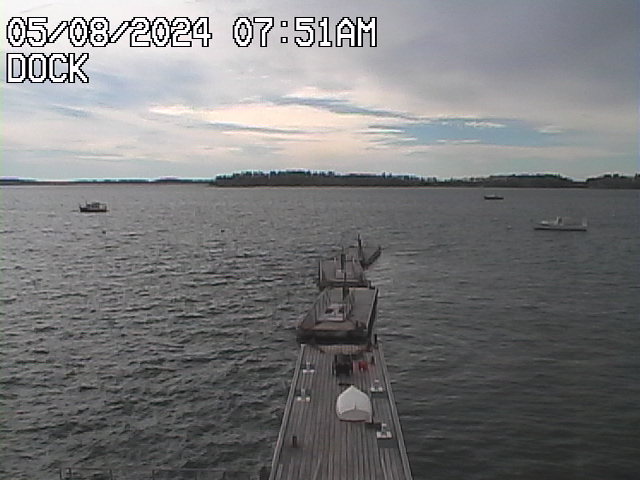Falmouth, Maine Weather Cams
Falmouth Town Landing Cam
Falmouth Dock Cam

Falmouth, Maine: A Coastal Town Shaped by Resilience and Change
Falmouth, Maine Weather Cams. Located along the shores of Casco Bay, Falmouth, Maine, has a rich and varied history that reflects the broader narrative of New England’s development. From its early days as a colonial settlement to its modern role as a thriving coastal town, Falmouth has weathered wars, economic shifts, and transformations that have shaped its identity.
Early Settlement and Colonial Expansion
Before European settlers arrived in the 17th century, the area that would become Falmouth was home to the Wabanaki people. The abundant coastal resources made it an ideal location for fishing, hunting, and seasonal migration. The first European settlers established communities in the region in the early 1600s, attracted by the fertile land and access to waterways.
Falmouth was officially founded in 1658 and quickly grew into an important trading hub. The town’s location on Casco Bay made it a key center for fishing, shipbuilding, and commerce. However, as English and French colonial forces vied for control of New England, Falmouth became a battleground during King Philip’s War and subsequent conflicts with Indigenous groups.
The Destruction of 1775 and Revolutionary Rebuilding
One of the most pivotal moments in Falmouth’s history occurred in October 1775 when British naval forces led by Captain Henry Mowat launched a devastating attack on the town. In retaliation for colonial resistance, British ships bombarded Falmouth, setting fire to homes, businesses, and key infrastructure. The destruction was near total, leaving residents to rebuild from the ground up.
Despite this setback, Falmouth’s citizens demonstrated remarkable resilience. Following the Revolutionary War, the town recovered, with shipbuilding, fishing, and agriculture helping to restore economic stability.
The 19th Century: Trade and Growth
Throughout the 19th century, Falmouth’s economy flourished. Shipbuilding remained a cornerstone of industry, with local craftsmen producing schooners and trading vessels that navigated the Atlantic. The fishing industry thrived as well, with Casco Bay providing an ample supply of seafood.
As industrialization spread, Falmouth saw the development of mills, roads, and rail lines that improved transportation and commerce. Farming played an important role in the local economy, as residents cultivated crops and raised livestock to sustain the growing population.
The 20th Century and Modern Transformation
In the early 20th century, Falmouth underwent significant changes as tourism and residential development transformed the town. Improved infrastructure made it more accessible, and its scenic coastal beauty attracted visitors and new residents.
During the mid-century, Falmouth became a sought-after location for suburban expansion. As Portland grew, Falmouth provided a quieter, more residential alternative while still maintaining access to Maine’s largest city. The town’s proximity to Casco Bay remained an asset, drawing recreational boaters, fishermen, and outdoor enthusiasts.
Falmouth Today: Balancing Tradition and Progress
Today, Falmouth stands as a vibrant community that embraces both its historical roots and modern amenities. The town offers a blend of coastal charm and contemporary development, with thriving businesses, cultural events, and strong environmental preservation efforts.
As Falmouth continues to evolve, it remains a testament to the enduring spirit of Maine’s coastal towns. From its colonial beginnings to its present-day prosperity, its history is a reflection of resilience, adaptation, and a deep connection to the sea.
For more information, visit the Falmouth, Maine official website.
